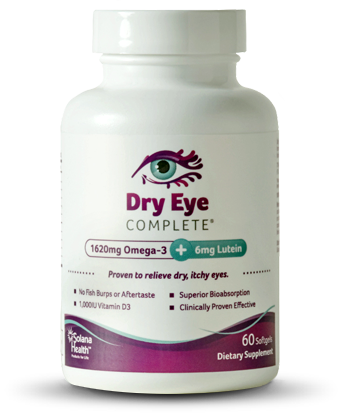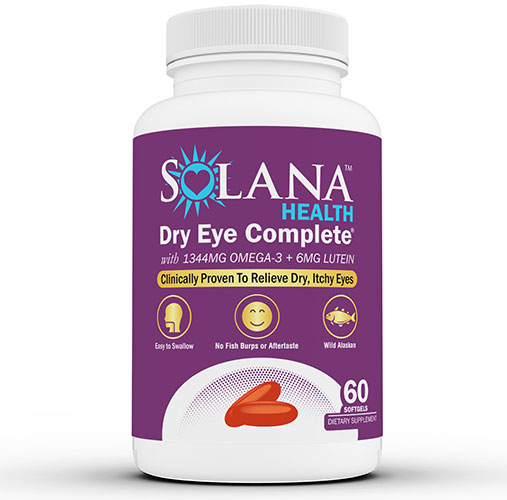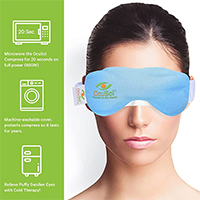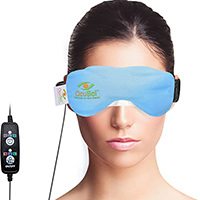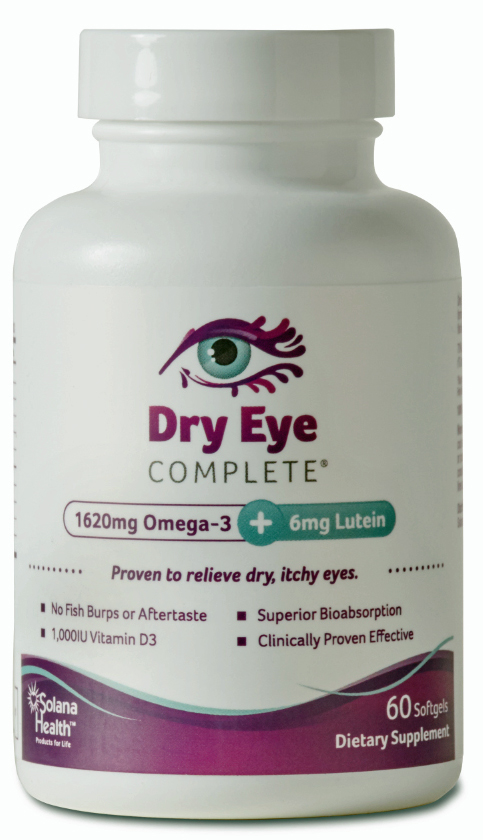Our sight is truly our most important sense. It enables us to see what is around us, which is important for movement and also for enjoyment. You must, therefore, look after your eyes properly so that they can serve you during your whole life. Eye problems are common, and most are not serious. However, some can lead to permanent loss of vision. So what are the top 5 most common eye diseases, and how can you avoid them?
1. Dry Eye Syndrome (DES)
DES is a chronic, uncomfortable condition that can impair your vision. It usually happens in two eyes. The symptoms include:
- Stringy mucus
- Redness
- Feeling like something is in your eye
- Sensitivity to light
- Eye fatigue
- Blurry vision
- Watery eyes
- Grittiness
Additional dry eye syndrome symptoms can be reviewed.
DES is caused by insufficient tear production, or the tears being of poor quality. This can be caused by:
- Age
- Medical problems
- Medication
- Medical procedures, particularly LASIK eye surgery.
- Blepharitis
To prevent or help reverse DES, you should:
- Look at your environment. If it is very hot, cold, dry, windy, dusty, or smoky, you can wear sunglasses or goggles.
- Blink often. Put reminders up around you to blink.
- Take breaks from your computer and digital screens.
- Use eye drops, or artificial tears. Choose preservative-free drops, and pick a brand that contains vitamin A for best results.
2. Allergic Conjunctivitis
Allergic conjunctivitis happens when your eyes are allergic to environmental agents and substances such as mold, pet dander, or pollen. Symptoms include:
- Puffy eyelids, particularly when you first wake up
- Burning eyes
- Widening blood vessels, making the eyes appear red
- Stringy discharge
Prevention of allergic conjunctivitis can be difficult, as you often don’t know when you will be exposed to allergic agents. However, you can:
- Avoid known triggers.
- Use eye drops.
- Take antihistamines after you have been exposed.
3. Glaucoma
Glaucoma is a very serious eye disease that can cause permanent damage to your optic nerve. It is caused when pressure builds up in the eye. It can lead to permanent loss of vision if not treated in time. While often hereditary, it can be caused by lack of exercise, injuries, and diabetes. Symptoms include:
- Tunnel vision
- Blind spots in central or peripheral vision, usually in both eyes
- Pain in the eyes
- Bad headaches
- Blurry vision
- Vomiting
- Nausea
- Redness of the eyes
- Seeing halos
Glaucoma is not always preventable. However, you can stop it from getting worse. To do this, and to prevent the condition as a whole, you should:
- Engage in regular exercise.
- Be aware of the symptoms if you have a family history.
- Receive treatment if necessary.
- Have frequent eye
4. Age Related Macular Degeneration (AMD)
AMD is very common in people over the age of 50. It damages areas of the eyes’ back, making it difficult to see things straight ahead. The condition is progressive, leading to vision loss. This can happen in one or both eyes. It does not cause blindness, however, making the vision blurry instead. This means that people have difficulties with:
- • Driving
• Recognizing faces
• Writing
• Reading
• Do chores
The condition happens with age, although Caucasians, smokers, and those who have a family history of AMD, are most at risk. Prevention appears to be mainly about lifestyle choices. As such:
- Stop smoking.
- Avoid smoky areas.
- Engaging in regular exercise.
- Keep your blood pressure and cholesterol low.
- Eat a healthy diet.
5. Infectious Conjunctivitis
Conjunctivitis can be caused by allergies, but also by infections. It means the conjunctiva becomes infected. Types of conjunctivitis caused by infections include:
- Blepharitis
- Keratitis
- Vitritis
- Chorioretinitis
- Neuroretinitis
The causes of infectious conjunctivitis are numerous and include:
- Ocular histoplasmosis syndrome (a fungus)
- Adenovirus (the common cold), which leads to pink eye
- Staphylococcus aureus
Symptoms include:
- Redness of the eyes, which is why conjunctivitis is known as ‘pink eye’
- Soreness
- Excessive tearing
- Yellow discharge in the eye
- Difficulty in opening the eyes when waking up
- Swelling
Infectious conjunctivitis, as the name suggests, is caused by an infection. This means that most people experience it in both eyes because the infection can transfer to the other eye. It is also very easy to pass it on to other family members. Causes of conjunctivitis include:
- • Ocular histoplasmosis syndrome (OHS)
• Gonorrhea, chlamydia, and hepatitis B
• Herpes simplex
• Shingles (varicella zoster or herpes zoster)
• Bacterial keratitis
• Leprosy
• Tuberculosis
• Acanthemoeba, a parasitic infection
• Lyme disease
• Epstein-Barr virus (infectious mononucleosis)
• Crab lice
• Measles, mumps, or the flu
• River blindness (onchocerciasis)
• Sarcoidosis
• Mycosis
Preventing infectious conjunctivitis is mainly down to good hygiene. This is particularly important in terms of preventing the infection from spreading between the eyes and other people. Sometimes, as the list above shows, the cause of infectious conjunctivitis is a very serious illness. This is why it is very important to always have it checked out by a medical professional. Prevention of these types of eye infections, as such, is due to:
- • Safe sex practices.
• Frequently washing your hands with antibacterial soaps.
• Not touching the eyes or face.
• Replacing contacts.
• Replacing makeup.
• Not sharing towels, pillows, or linen.
• Wearing safety goggles.
• Being mindful of branches.
Treatment includes:
- • Broad spectrum antibiotics
• Anti-fungal drugs
• Anti-parasitic drugs
There are many common eye problems that can affect you, caused by a range of situations, diseases, and infections. Good hygiene and making sure that you seek treatment if you have any type of irritation in your eye is the most important thing. While the vast majority of conditions resolve themselves, it is always better to be safe than sorry by seeking appropriate treatment.
Resources and References:
- Facts about the Cornea and Corneal Disease – Information on the cornea and diseases that affect it. (National Eye Institute)
- Eye Health Tips – Tips on keeping the eye healthy. (Centers for Disease Control and Prevention)
- A Comparison of Vitamin A and Cyclosporine A 0.05% Eye Drops for Treatment of Dry Eye Syndrome – Study on eye drops for treating dry eyes. (American Journal of Ophthalmology)
- Dietary Fatty Acids and the 10-Year Incidence of Age-Related Macular Degeneration – The Blue Mountains Eye Study – Study on the connection of dietary fatty acids and age-related macular degeneration. (American Journal of Ophthalmology)

